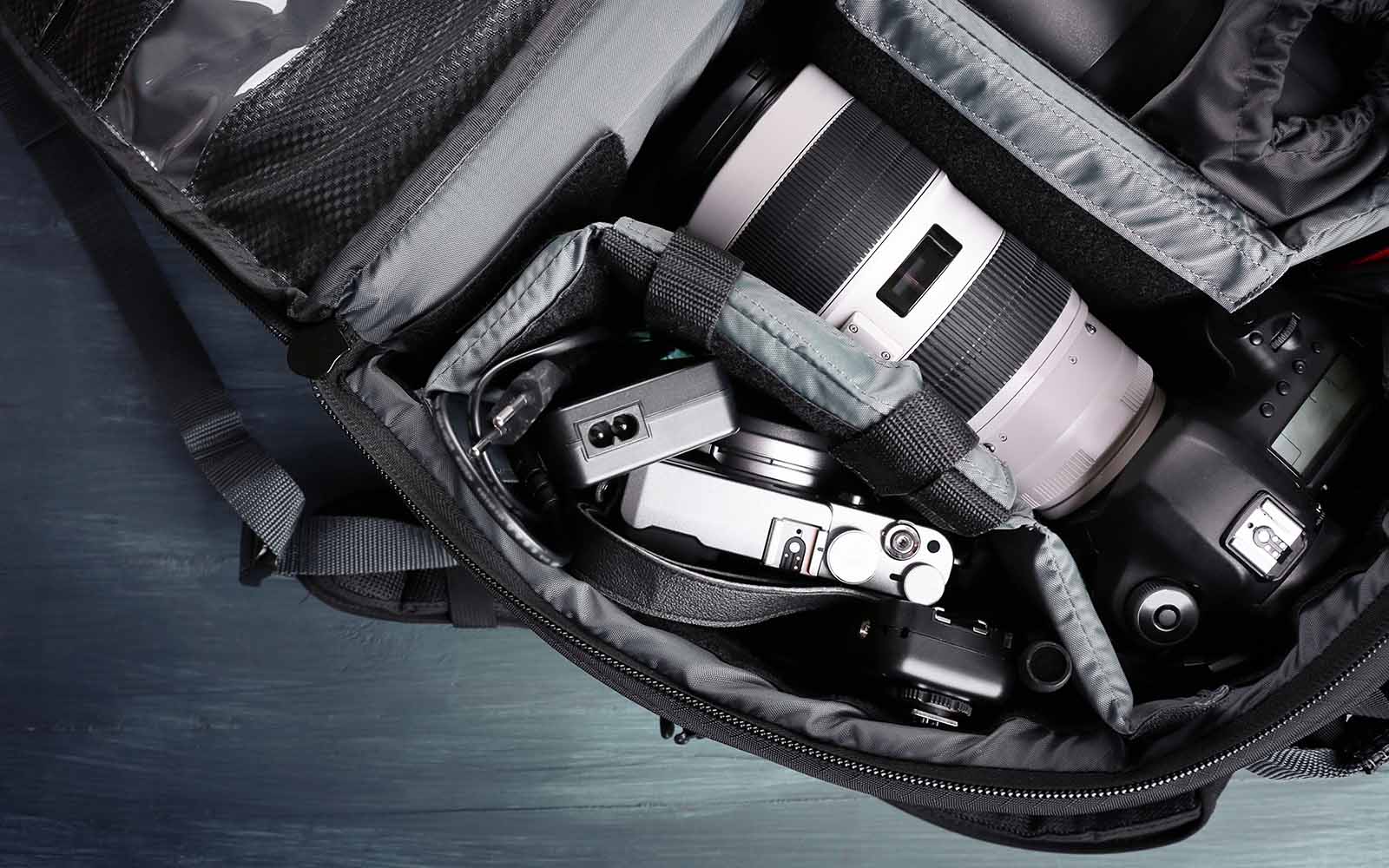
If you’re brand new to photography or just about to invest in this wonderful hobby, you’re going to need a lens to fit your camera.
Camera manufacturers are a kind bunch; they typically tend to sell entry-level cameras with a lens as standard. This is what we call a kit lens. You may notice some premium kit lenses if you choose to initially invest more in the camera body itself.
A kit lens reduces the expenditure when you’re just starting out and means you can start taking photos straight away. It gives you flexibility to try out different types of shots, but it doesn’t come without its limitations.
Think of a kit lens like a bicycle’s training wheels – a great way to get yourself started, but you shouldn’t rely on it forever.

Kit lenses tend to be zoom lenses, such as a 18-55mm F/3.5-F/5.6. This means at the widest point (18mm) the maximum aperture is F/3.5 and at 55mm the widest is F/5.6. The smallest aperture on most kit lenses tends to be between F/18-F/22.
This will allow you to experience the art of shallow depth in your photos which is great if you enjoy taking close up pictures and portraits with blurry backgrounds.
Other advantages of kit lenses include the fact they are compact and lightweight. If you like to travel a lot and don’t want to be weighed down with lots of equipment sticking with your kit lens while travelling is a good idea. Given that the lens itself is cheaper, if something happens to it, its not too expensive to replace.
If you’re not attached to a certain type of photography then a kit lens is a good choice to allow you to practise wide angle and closer shots. This means landscapes, portraits, close up, street photos and still life are all suitable given the range of focal lengths.

While the cost of kit lenses may seem very appealing for a beginner, cheaper lenses can only be produced using cheaper materials. The lenses tend to have a plastic body which isn’t weatherproof. This can limit how and when you take your camera outdoors. Premium lenses and bodies do have better weather protection but this will come at an extra cost.
The quality of the glass inside the kit lens will give you an adequate enough image, providing all the camera settings are right. But it can always be better. Prime lenses tend to offer better image quality and aren’t that much more expensive for entry level options.
Most kit lenses commonly tend to range from 18-55mm which covers a good range of subjects it doesn’t cover everything you may want. Sports and wildlife photography for example are much better suited to longer focal lengths (100mm+). Kit lenses do limit what you can shoot, or at least won’t get you the results you desire when using the wrong lens for the situation.
There is also the conversation about performance. Kit lenses may seem fast and accurate to focus, to a brand new photographers at least, but in truth, they aren’t as quick as other lenses. This can lead to missing fast moving subjects and frustrate you to think this is how all lenses work – this isn’t true.

If you’re thinking of changing your kit lens and upgrading to something better, only do so if;
● The kit lens doesn’t zoom far enough for what you like to shoot, and you’re having to crop your image alot when editing to get the best composition.
● The kit lens is damaged.
● The kit lens takes too long to focus and you’re missing vital moments.
● You like to shoot with a very shallow depth of field and the max aperture on your kit lens isn’t wide enough.
Don’t buy lenses because of deals and offers. Keep in mind the lens that you really want to help improve your photography, rather than spending money to build a collection.
Lenses hold their value better than camera bodies theses days. Megapixels don’t make all the difference. The quality of the glass in the lens is the biggest factor with image quality.
With so many camera brands, a list of the best kit lens for each would take forever. Instead, I’ll give you a quick insight into which kit lenses are currently available across the DSLR and Mirrorless camera markets.


You’ll only ever need or have one kit lens, and that will probably be the one that comes with your camera – if you buy it brand new. But you may have inherited a digital camera, or purchased the body alone so it’s good to know which lens to get yourself started, without breaking the ban.
Don’t spend too much on a kit lens, as it should only be a stepping stone as your photography improves. Pay attention to the types of photos you regularly take and what focal lengths you find yourself needing to help you upgrade accordingly.
If you’ve enjoyed this guide, check out our other photo articles and tutorials below.
Discover TOP features in the Lightroom CC mobile app with this guide for enhancing your photo editing skills. For desktop and tablet too.
Shooting sunsets using amazing 5-in-1 magnetic lens filters from Kentfaith, the 1st choice for photo & video products.
Popular memory cards for photography – what’s the best SD card for your digital camera? Choose the right capacity and class speed in our guide
Learn the basics of photography – fast – with our FREE 60-Second Photographer online course. Each class is short and sharp with simple, actionable steps that give you immediate results.
x 30 lessons

© iPhotography™
Become a confident and competent photographer in less than 30 minutes!
Before you leave, make sure you’ve secured your FREE online photography course (worth £29.99)
Each class is just 60-seconds or less making it the fastest and easiest way to learn photography!